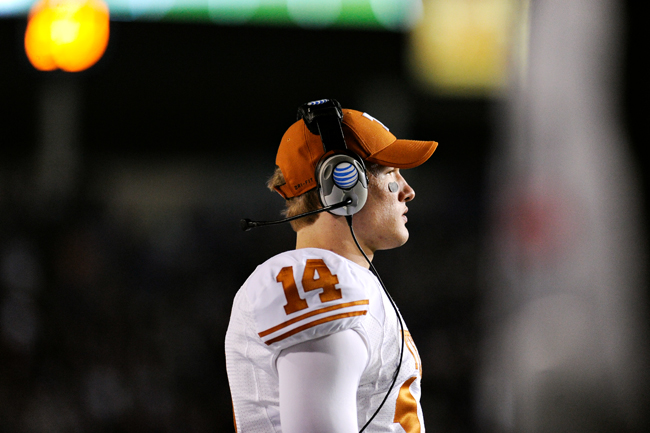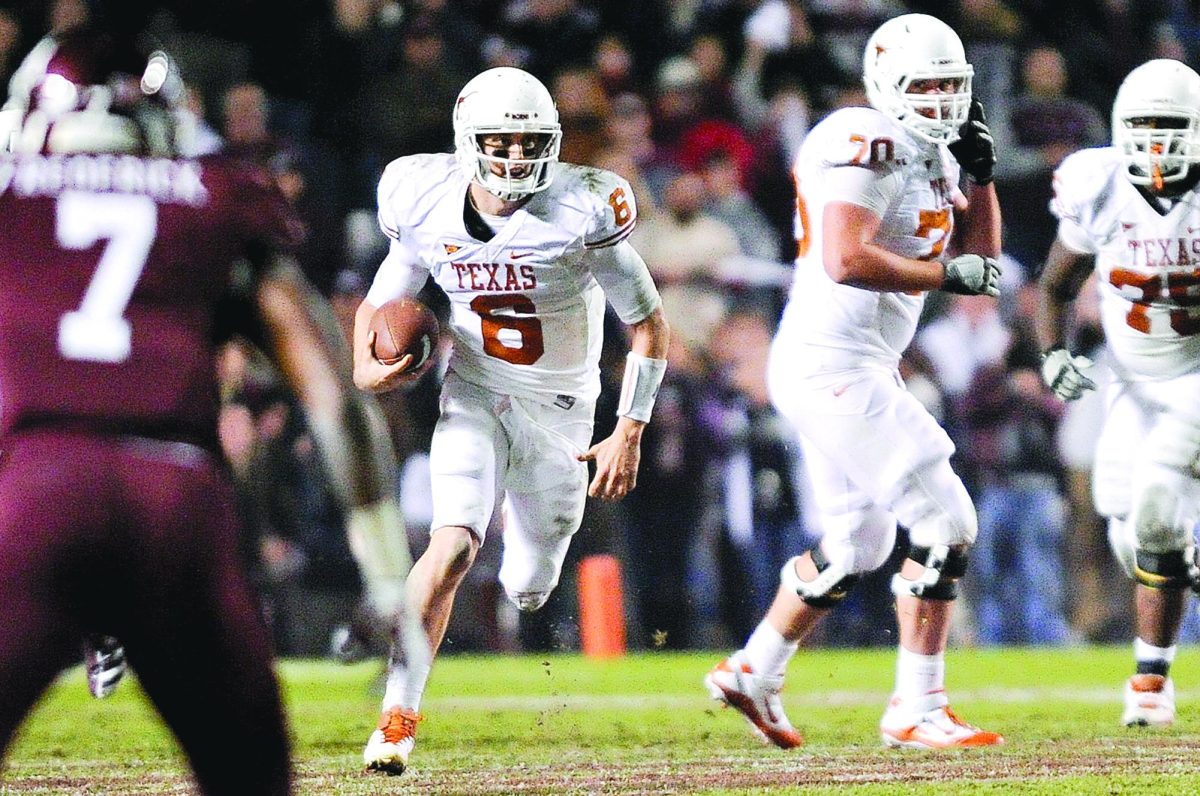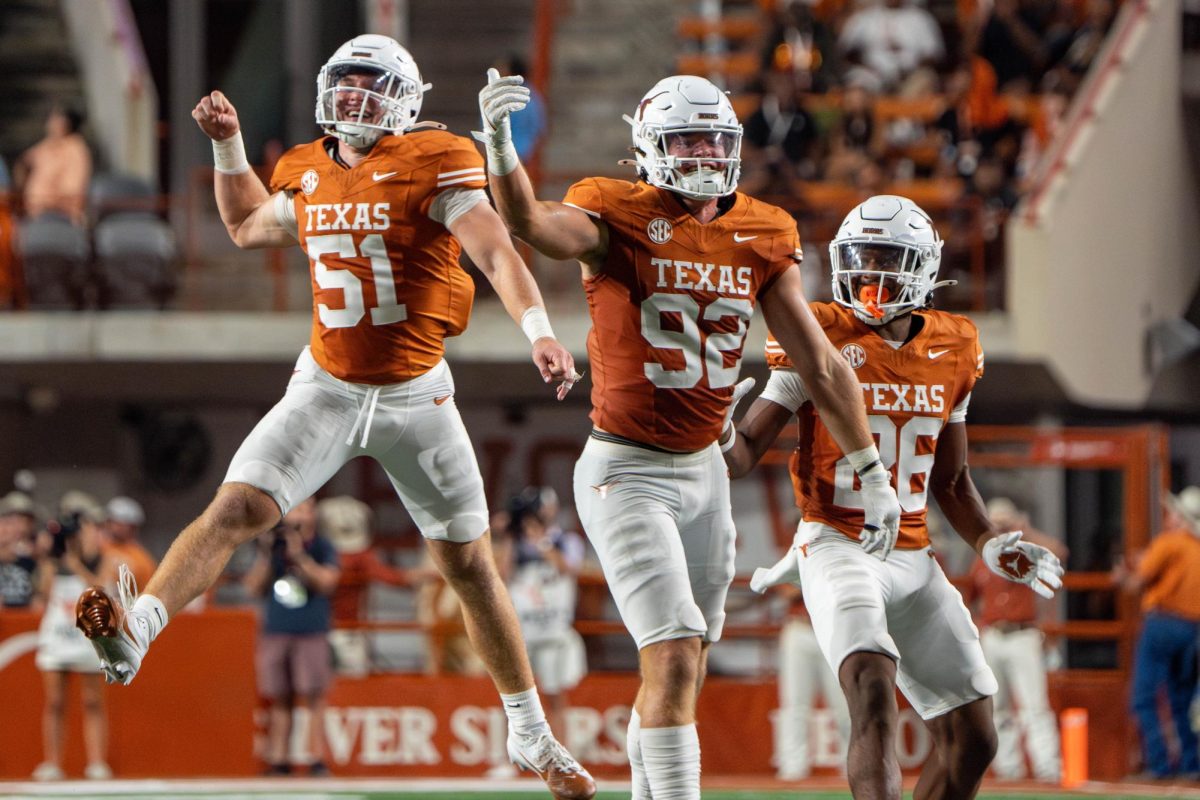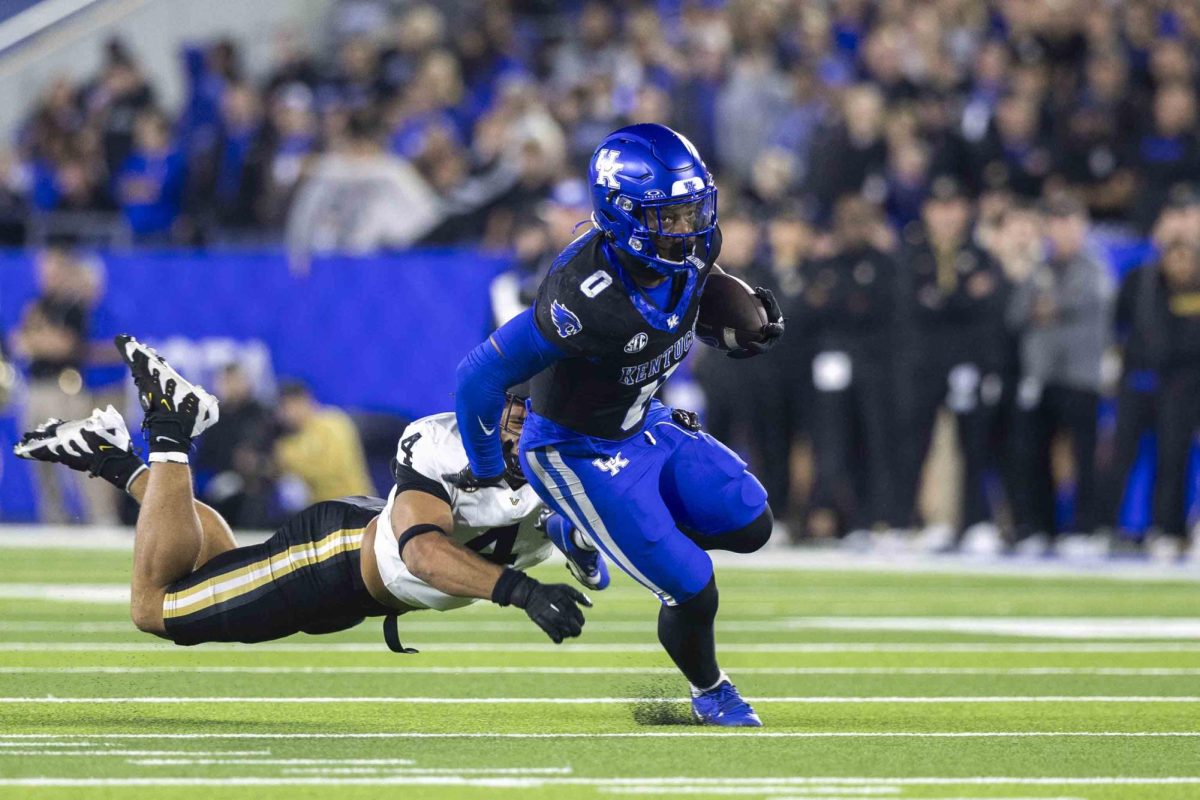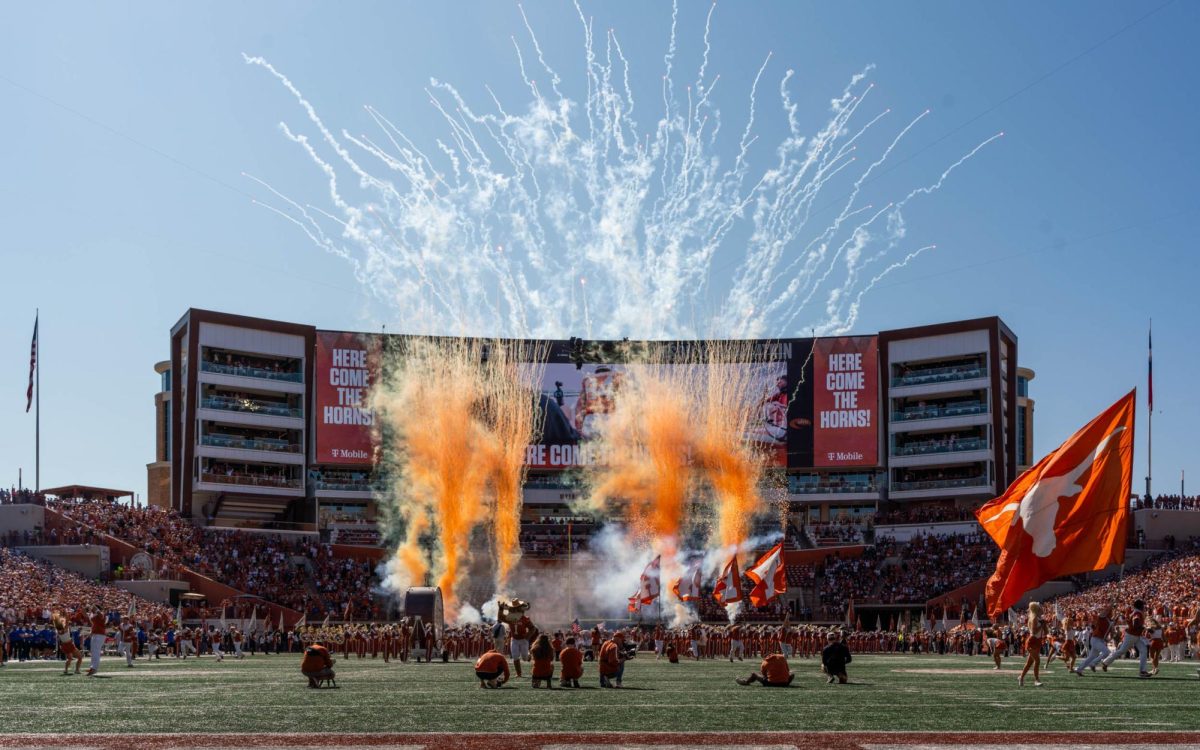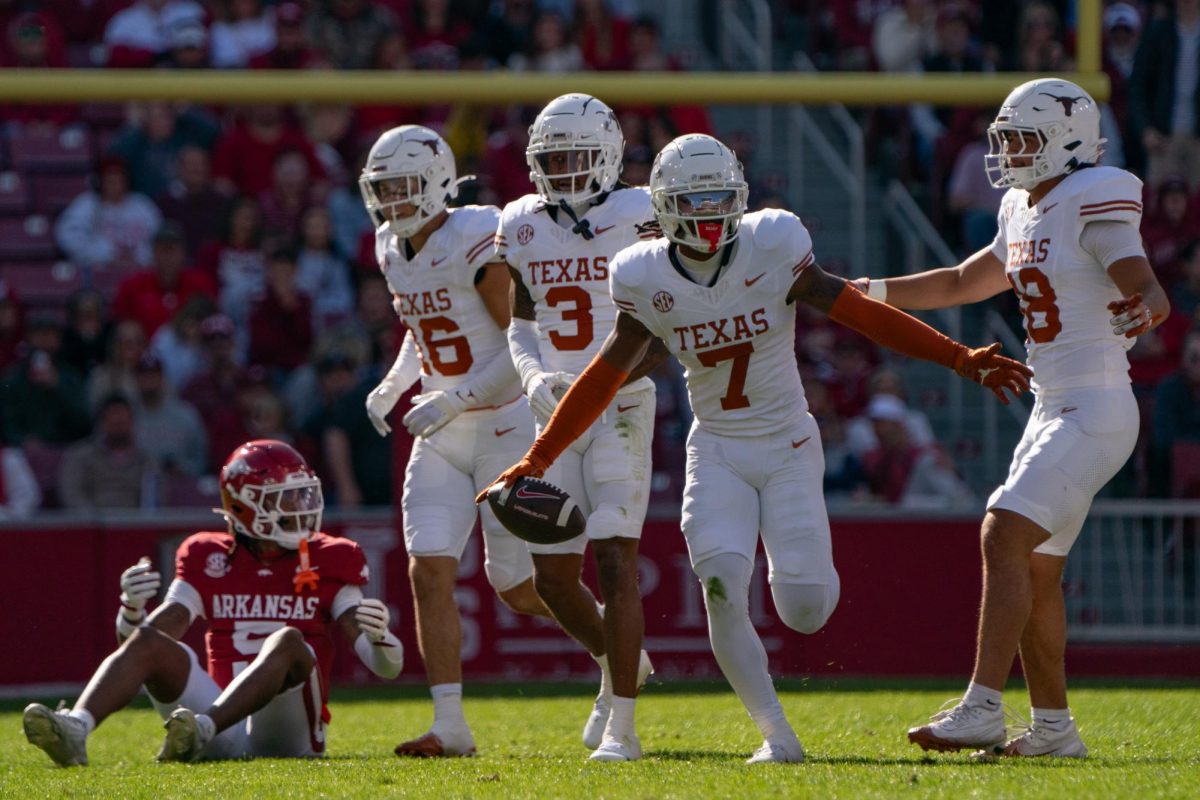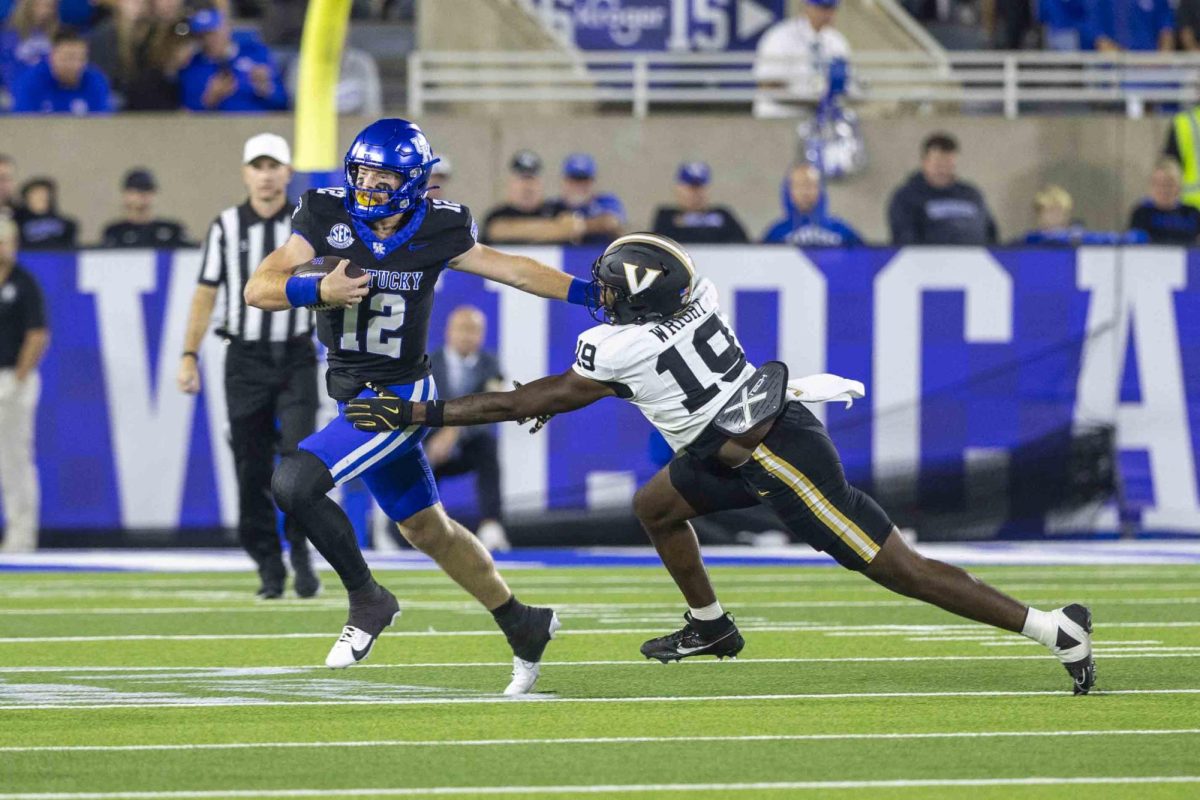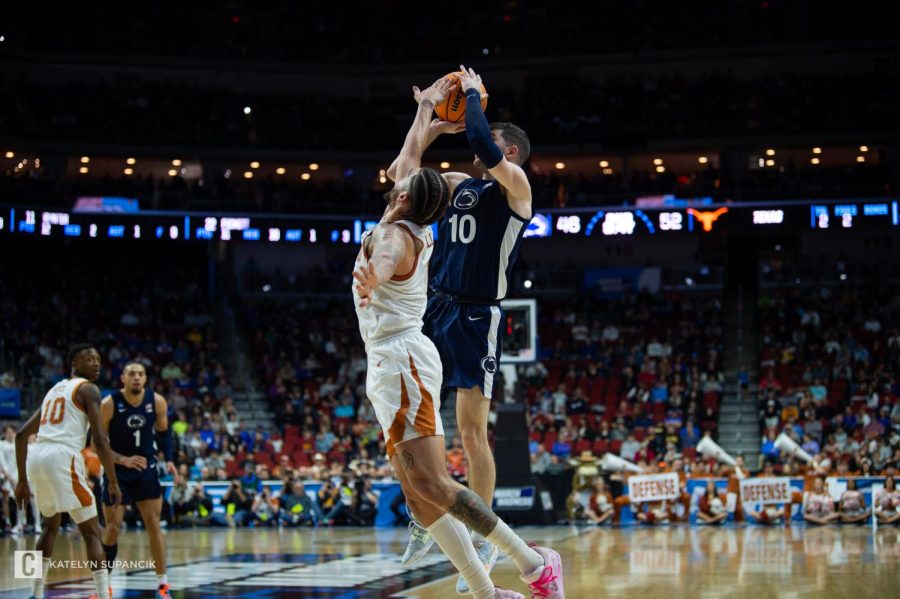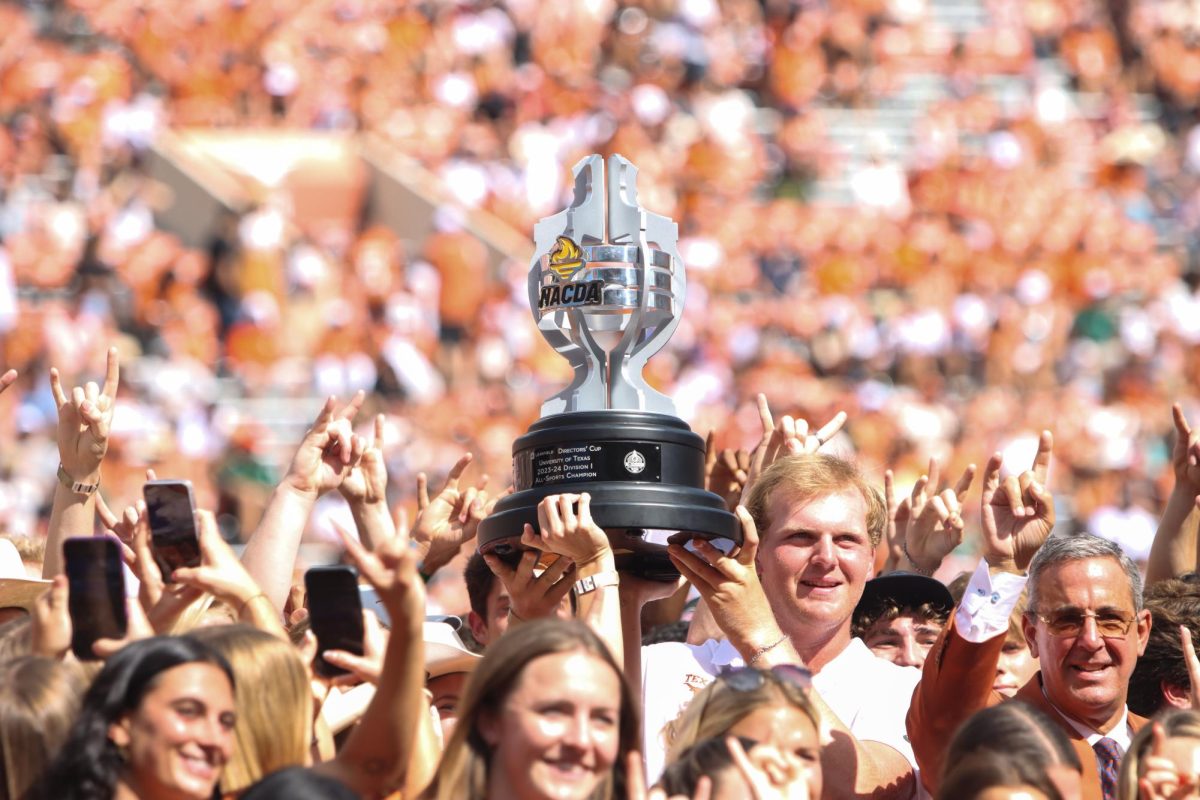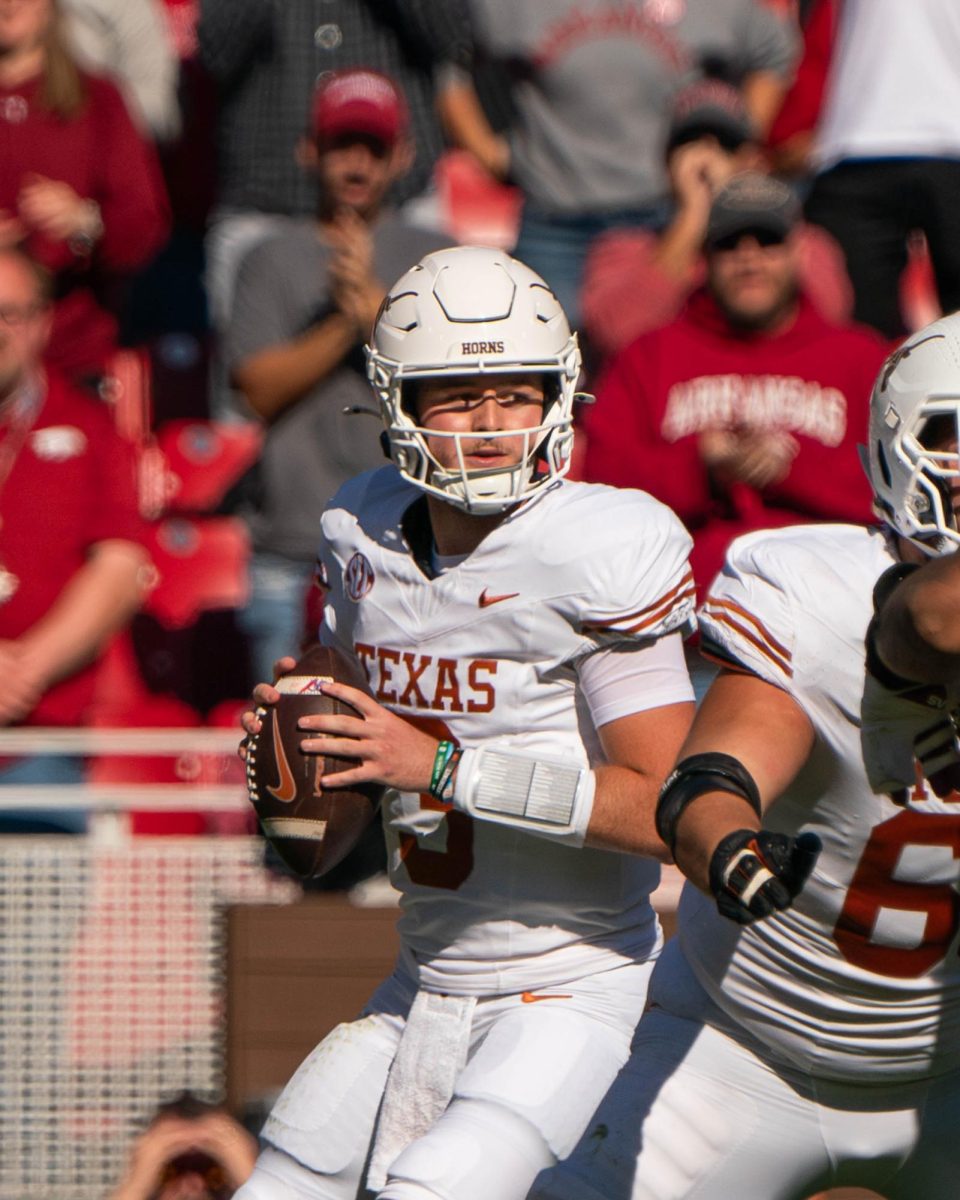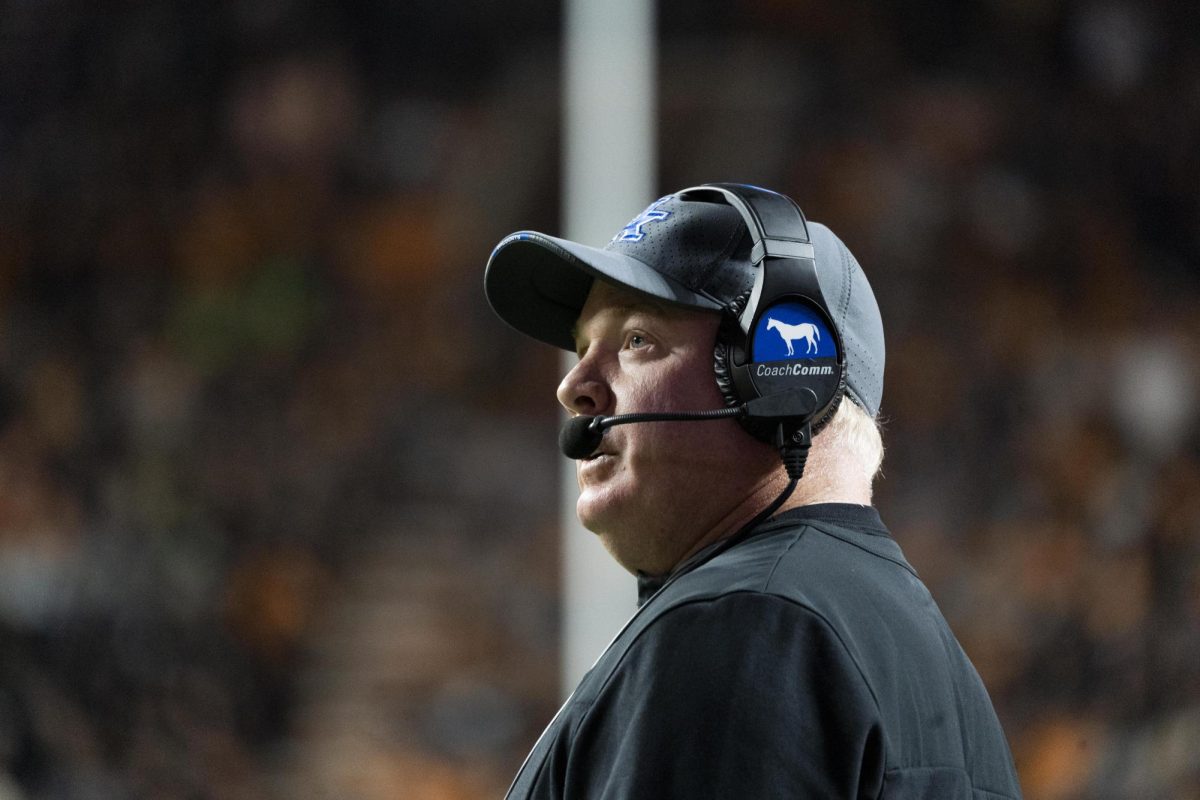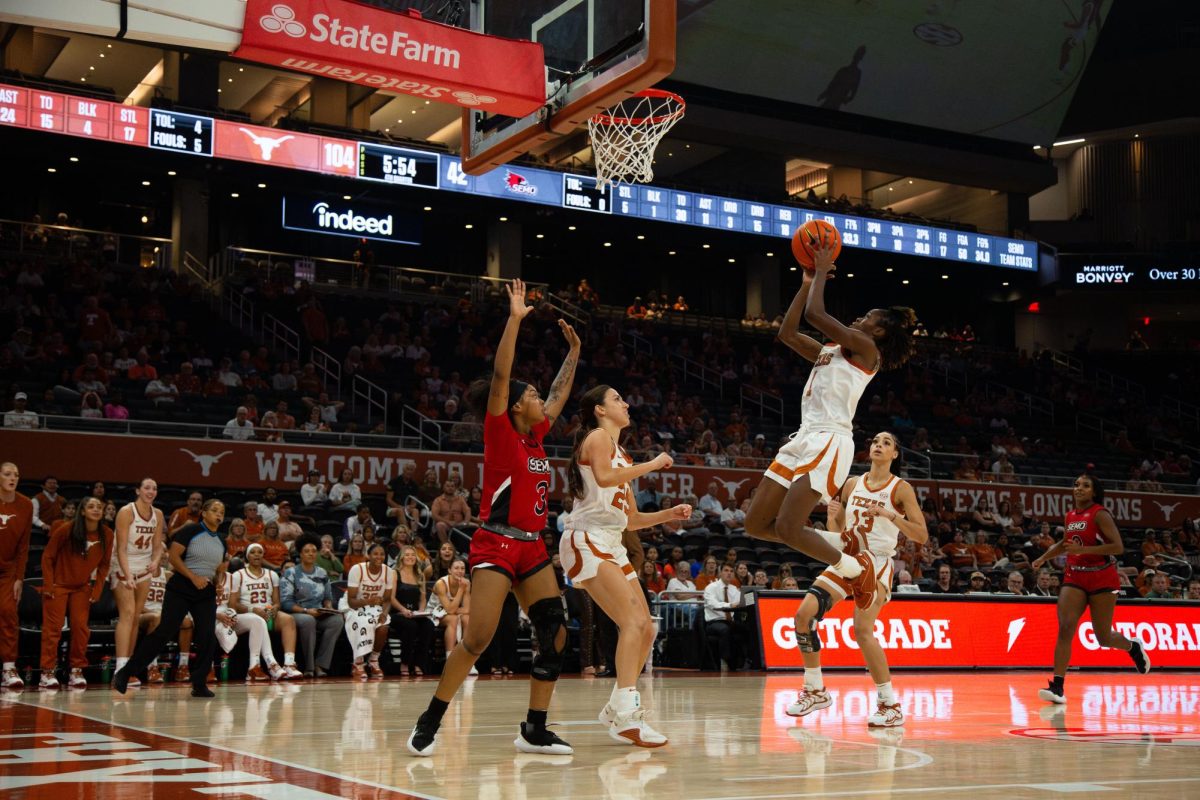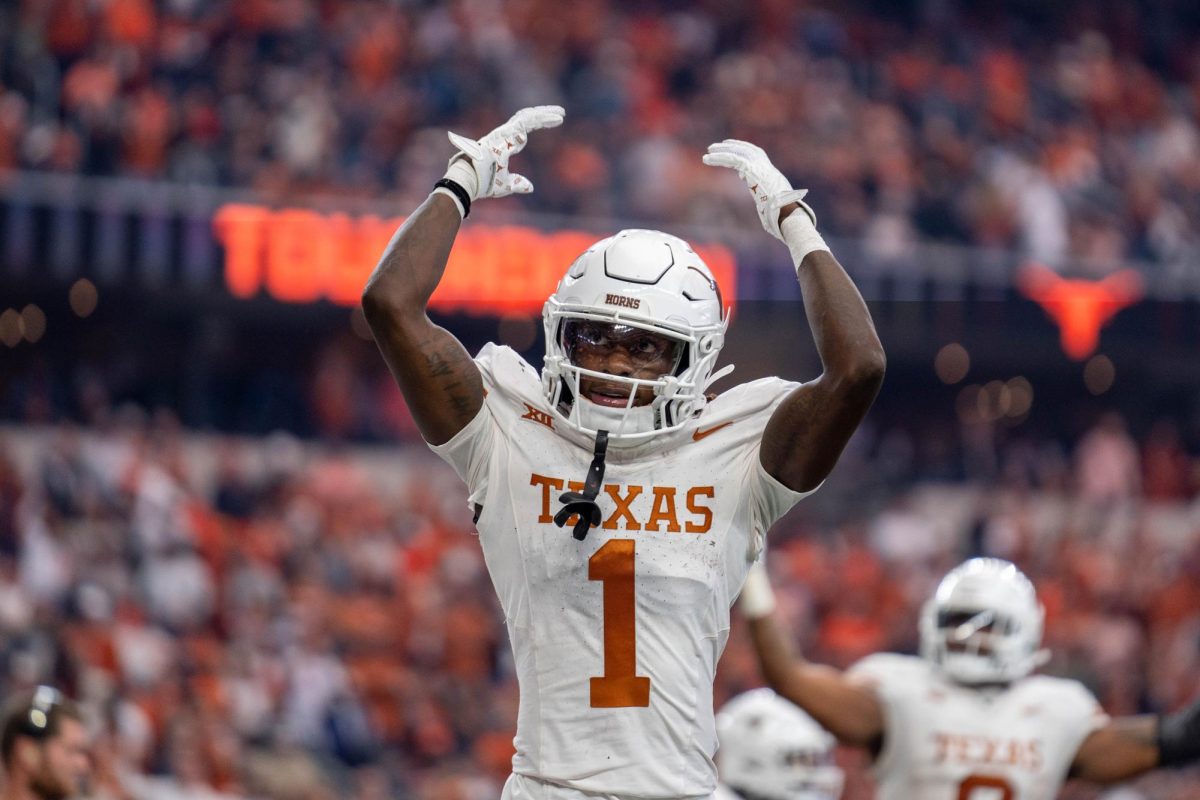It’s pretty simple — the Longhorns are in desperate need of a win over Kansas State, and junior quarterback David Ash gives them the best chance to do that.
But if head coach Mack Brown and his staff make the right decision on Saturday, Ash will be in civvies for this weekend’scontest against
the Wildcats.
Twelve days ago, Ash suffered a concussion. The fact that Brown is even considering starting him is another unfortunate example of the “play through it” mentality that still exists in
college football.
This is not a sore ankle, a tight shoulder muscle or a bruised rib, but a serious head injury. There is no such thing as a mild concussion, and when it comes to a student-athlete’s brain, there is no such thing as
being too cautious.
We are not talking about a professional athlete here, but about a student-athlete who will most likely make a living doing something other than throwing spirals. Regardless of whether or not he is medically cleared to play this week, the reality is that the health of Ash’s brain is safer on
the sidelines.
And as far as concussions go, re-injury can be life threatening — just ask Canadian football star
Kevin Kwasny.
Kwasny, a high school colleague of mine, has spent the last two years rehabilitating and trying to rebuild his life after suffering a severe head injury while playing for the Bishops Gaiters of the CIS, Canada’s version of the NCAA.
A defensive end, he was rushed back into a game after sitting out with a bad headache and other concussion-like symptoms. A few plays later, Kwasny sat in an ambulance bound for the emergency room to remove blood from around
his brain.
Instead of anchoring the right side of the Gaiter defense, the 23-year-old now spends his Saturday afternoons relearning to use the right side of his body. Kwasny requires around-the-clock assistance and will most likely never be able to provide for himself. His parents are suing Bishops University for $7.5 million for failure to properly diagnose and treat
their son.
Obviously the circumstances are not identical, but is it a situation that Brown, the Texas football program and the University as a whole want to risk putting one of their students in? Is the increased prospect of winning a football game really worth endangering a student’s lifelong health? These are the questions that go unasked when the higher-ups lose focus and forget why these athletes are on this campus in the first place: to learn.
So if Ash is medically cleared to play on Saturday and Brown has to decide whether to start him or not, he’d better use his head, and protect Ash’s.

